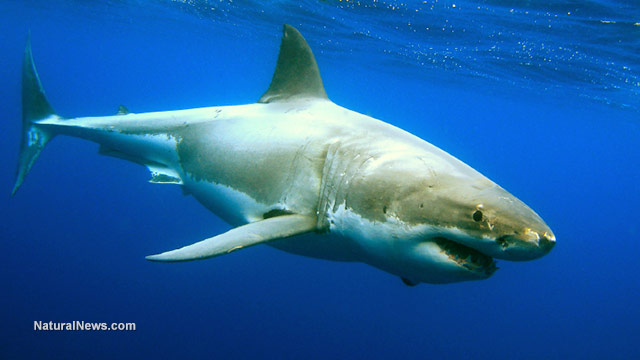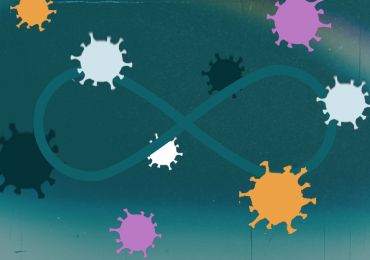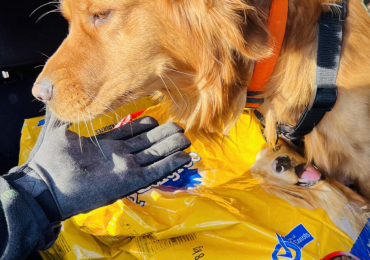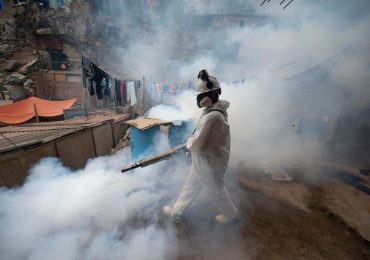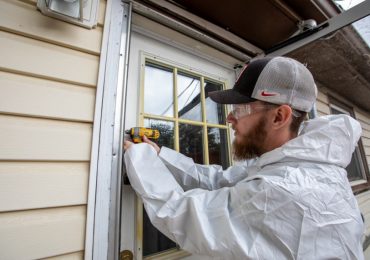In the rush to create a vaccine for covid-19, scientists will need at least 500,000 dead sharks over the next six months. The sharks will be slaughtered to provide vaccine makers with an oil called squalene. The squalene is a byproduct produced in the liver of sharks. Smaller amounts of squalene can be found in olive oil, palm oil, wheat-germ oil, amaranth oil and rice bran oil, but these aren’t reliable sources for wide scale vaccine production.
In vaccine science, squalene is combined with surfactant chemicals to create an adjuvant which is used to augment an immune response in vaccine recipients. Based on its chemical properties, squalene is an emollient, allowing for vaccine antigens and other chemicals to more readily absorb deep into tissues and cells.
The more potent an adjuvant is, the greater the chances that the vaccine antigen (attenuated virus) penetrates the immune system, generating an antibody response in serum. As the potency of the adjuvant is increased, so is the risk of vaccine injury. As the potency of the adjuvant is decreased, the effectiveness of the vaccine wanes, requiring more doses to simulate an immune response.
Moreover, the human immune system is prone to produce antibodies to squalene — an under-studied autoimmune effect that could have lasting effects on humans. Even though squalene is a “cleaner” adjuvant than aluminum salts, it is part of scientific process that bypasses the innate immune system, including surveillance proteins, surveillance microbes, mucous membranes, etc.
As vaccine dependency increases, shark populations suffer
The mass slaughter of sharks is nothing new; certain types of influenza and malaria vaccines already depend upon squalene harvesting from sharks. As public health officials plan for wide-scale vaccination worldwide, the demand for dead sharks will grow exponentially.
The new covid-19 vaccines will not be effective after the first dose. The first experimental protocol requires two doses of the vaccine to simulate any sort of antibody response in humans. As this antibody response wanes, more doses will be needed in order to augment an immune response in humans. Some clinical trials suggest that five to six doses will be needed to keep human antibody levels up. This level of vaccine dependence could drastically affect the shark population.
Conservationist group, Shark Allies estimates that 250,000 sharks will need to be slaughtered in order for one vaccine dose to be distributed to the world’s population. If multiple doses are required, as evidenced by waning antibody responses in clinical trials, then millions of sharks would need to be slaughtered over the next three years.
Shark Allies founder Stefanie Brendl has launched a petition, demanding an end to the use of squalene in vaccines. She wrote: “Harvesting something from a wild animal is never going to be sustainable, especially if it’s a top predator that doesn’t reproduce in huge numbers. There’s so many unknowns of how big and how long this pandemic might go on, and then how many versions of it we have to go through, that if we continue using sharks, the numbers of sharks taken for this product could be really high, year after year after year.”
Vaccine production could ultimately endanger shark populations, only to make human immune systems dependent on vaccine science that wanes over time and puts additional pressure on the oceanic ecosystem.
Leave a comment

